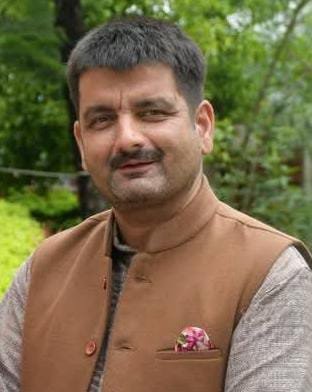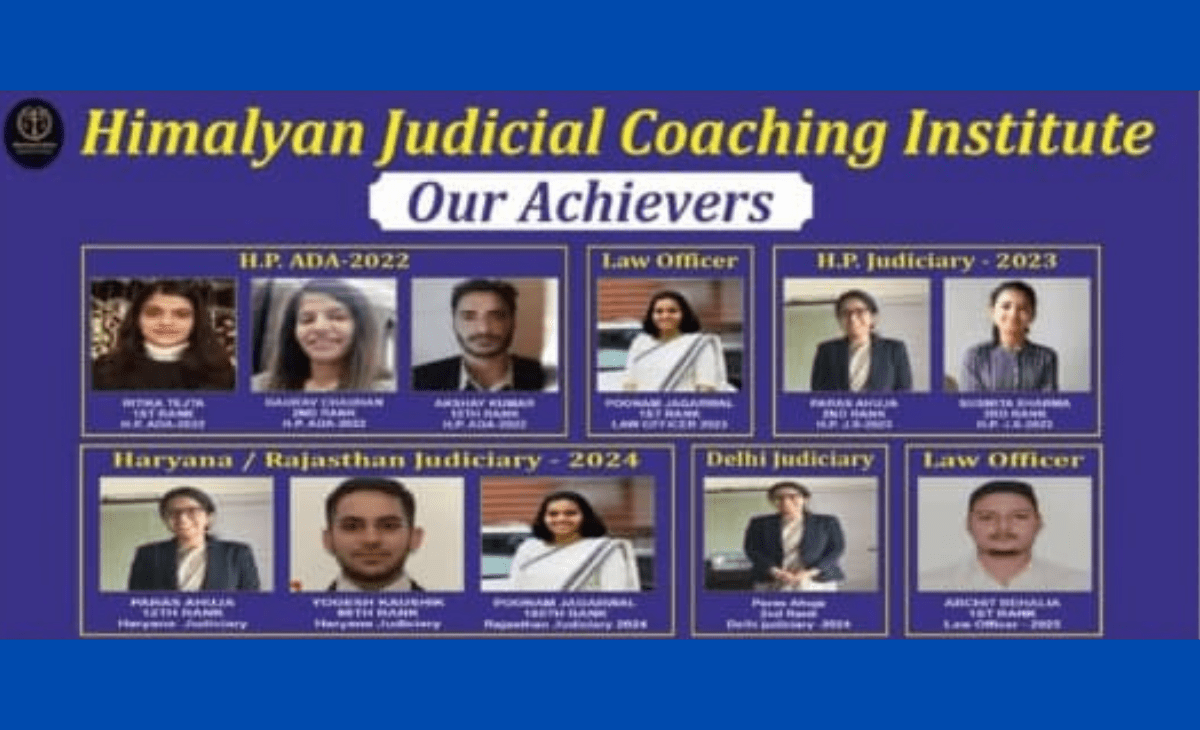Dr. Amreek Singh Thakur
Dharamshala : On the auspicious occasion of Vijayadashami, India witnessed a landmark moment—the centenary celebration of the Rashtriya Swayamsevak Sangh (RSS), one of the world’s largest voluntary organizations. Founded in 1925 by Dr. Keshav Baliram Hedgewar in Nagpur, the RSS began as a modest initiative rooted in discipline, service, and national awakening. Over the past hundred years, it has evolved into a transformative force shaping India’s social fabric, community life, and national consciousness.
The centenary celebration, themed “Nation-Building Through Character-Building,” was marked by solemnity, grandeur, and a reaffirmation of the founding ideals. The daily shakha—RSS’s disciplined routine of physical and ideological training—was highlighted as the cornerstone of its growth, fostering unity, selflessness, and strength among swayamsevaks across villages, towns, and global Indian communities.
Global Recognition and Dalai Lama’s Blessings
A key highlight of the event was a special message from His Holiness the 14th Dalai Lama, who praised the RSS for nurturing human values and inclusivity. Having observed the organization’s work since 1959, he commended its commitment to India’s civilizational ethos and its ability to accommodate people of all faiths. The Dalai Lama humbly described himself as a follower of Indian wisdom and offered prayers for the RSS’s continued success, underscoring its growing moral stature on the global stage.
Former President Kovind’s Reflections
Former President Ram Nath Kovind graced the ceremony as chief guest, offering thoughtful reflections on the RSS’s leadership lineage—from Dr. Hedgewar to Guruji Golwalkar, Balasaheb Deoras, Rajju Bhaiya, Sudarshan Ji, and current Sarsanghchalak Dr. Mohan Bhagwat. Kovind emphasized how RSS ideals have guided India through complex social and political challenges. He also drew parallels with Dr. B.R. Ambedkar’s inclusive Constitution, noting how it empowered individuals from marginalized backgrounds—echoing the RSS’s ethos of unity beyond caste and creed.
Kovind warned against divisive narratives and praised the daily recitation of the Ekatmata Stotra as a living example of inclusivity, honoring personalities from all communities and genders in Indian history. He urged youth to engage in political life, warning that apathy could leave governance in the hands of those lacking character and values.
Dr. Mohan Bhagwat’s Visionary Address
The event concluded with a deeply reflective and forward-looking speech by RSS chief Dr. Mohan Bhagwat. Beginning with a tribute to Guru Tegh Bahadur’s 350th martyrdom anniversary, Bhagwat wove a narrative connecting historical sacrifices to contemporary global challenges. He emphasized that India’s strength lies not in fleeting alliances but in its values and resilience.
Bhagwat did not shy away from sensitive issues, condemning the targeted killing of 26 Hindu pilgrims by Pakistan-trained terrorists and calling it part of an international conspiracy against India. He praised the government’s firm response and exposed the duplicity of so-called global “friends.” He also warned against Naxalism, left-wing extremism, and cultural sabotage by “deep state” actors, noting that strategic countermeasures are gradually neutralizing these threats.
On the socio-economic front, Bhagwat advocated for a self-reliant, indigenous economic model and expressed concern over ecological crises, particularly recent disasters in the Himalayan region. He interpreted these as nature’s call for sustainable living and respectful engagement with the environment.
A Century of Service and Continuity
The centenary celebration was not just a retrospective but a call to action. From a handful of volunteers in Nagpur to a vast network influencing education, disaster relief, rural development, and national policy, the RSS’s journey reflects modern India’s evolution. Its allied organizations span diverse sectors, yet the core ideal remains unchanged: national resurgence begins with individual transformation.
Global Moral Force Rooted in Humility
With blessings from international dignitaries, the Dalai Lama’s message, and participation from national leaders, the RSS’s growing recognition as a global moral force was evident. Yet, the organization remains grounded in humility and service, prioritizing discipline over rhetoric and action over publicity.
Looking Ahead
As India approaches its own centenary of independence in 2047, the RSS’s role in nurturing citizens, fostering harmony, and shaping national identity will remain pivotal. This centenary year was not merely a celebration of the past—it was a visionary call to strengthen values, protect traditions, embrace inclusivity, and build a self-reliant, harmonious, and globally respected India.
From Nagpur in 1925 to the global stage in 2025, the RSS’s journey affirms that ideals rooted in service, discipline, and unity are timeless—and will continue to shape India’s destiny in the decades to come.

Dr. Amreek Singh Thakur
Director – Centre for Tibetan Studies
Central University of Himachal Pradesh





